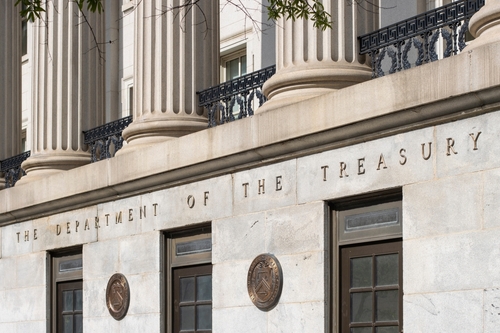Trump's Tariffs Trigger Sharp Declines in Asian Markets: Nikkei Drops 4%, Wall Street Raises U.S. Recession Risk

TradingKey — On Monday, March 31, ahead of impending reciprocal U.S. tariffs, Asian markets plunged during early trading, with Japan’s Nikkei 225 Index dropping 4% and South Korea’s KOSPI falling 2.78%.
As of press time, the Nikkei pared losses slightly to 3.27%, standing at 35,907.99, while the KOSPI declined 2.23% to 2,502.35.
Analysts at JPMorgan Chase noted that today’s sell-off likely reflects spillover effects from Friday’s U.S. market downturn and weekend tariff-related headlines. On Friday, all three major U.S. indices fell sharply, with the Nasdaq Composite sliding 2.7%.
A key factor exacerbating the decline was the lifting of South Korea’s short-selling ban on the 31st, which amplified market volatility.
Ahead of reciprocal tariffs set to take effect on April 2, U.S. President Donald Trump escalated tensions over the weekend by threatening to deploy a "new weapon"—secondary tariffs—if his demands remain unmet.
Trump warned that if he perceives Russia as obstructing efforts to end the Ukraine war, he would impose 25% to 50% secondary tariffs on all Russian crude oil. These tariffs would take effect within a month unless a ceasefire is achieved.
Separately, he demanded that Iran reach a new nuclear agreement within two months, threatening military strikes and secondary tariffs on Iranian products if compliance fails.
The ripple effects of Trump’s tariff rhetoric are already materialising in economic data. Recent core PCE inflation figures and the University of Michigan Consumer Sentiment Index have shown signs of stagflationary pressure.
JPMorgan economists noted that U.S. recession risks have risen to 40%, citing deteriorating corporate and household sentiment due to fears of aggressive fiscal policies.
Goldman Sachs echoed concerns, raising its 12-month U.S. recession probability forecast from 20% to 35%, citing deteriorating baseline economic expectations, collapsing confidence, and the White House’s apparent tolerance for short-term economic weakness to achieve policy goals.





